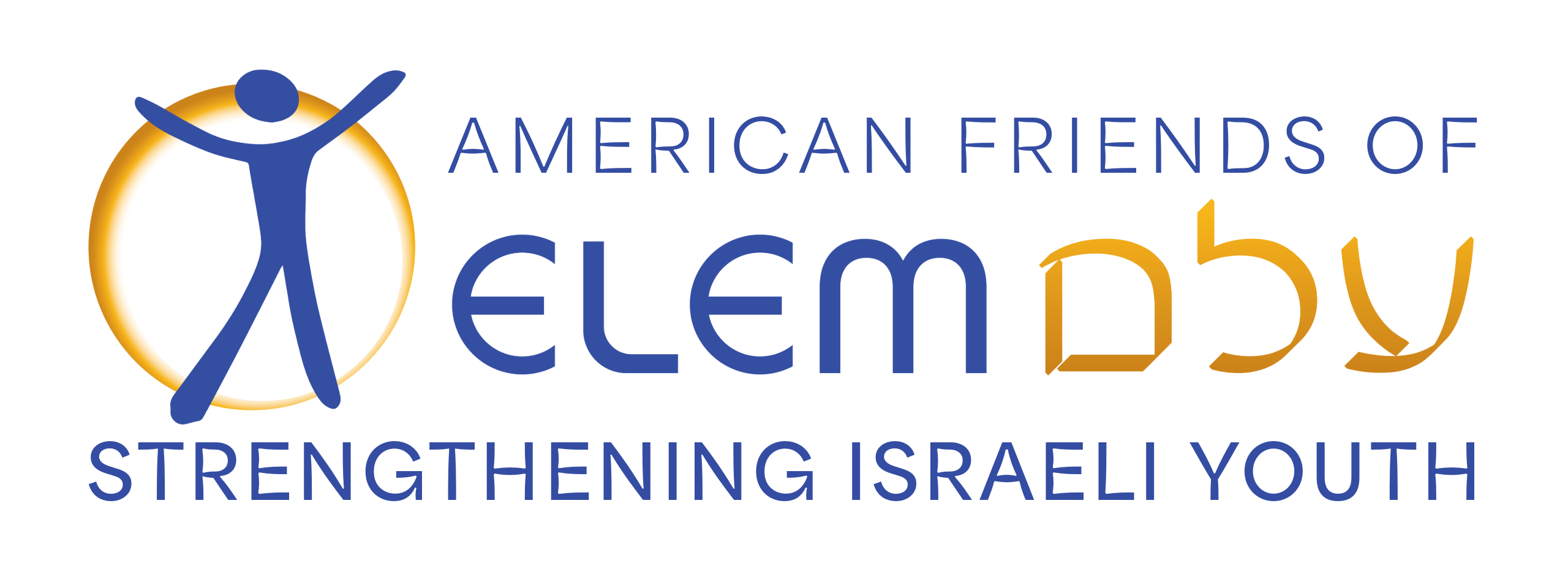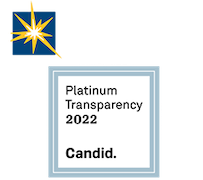Members of the Knesset visit The Heart 24/7 in Tel Aviv for youth in prostitution
Advocacy Work
and Collaborations with the Government
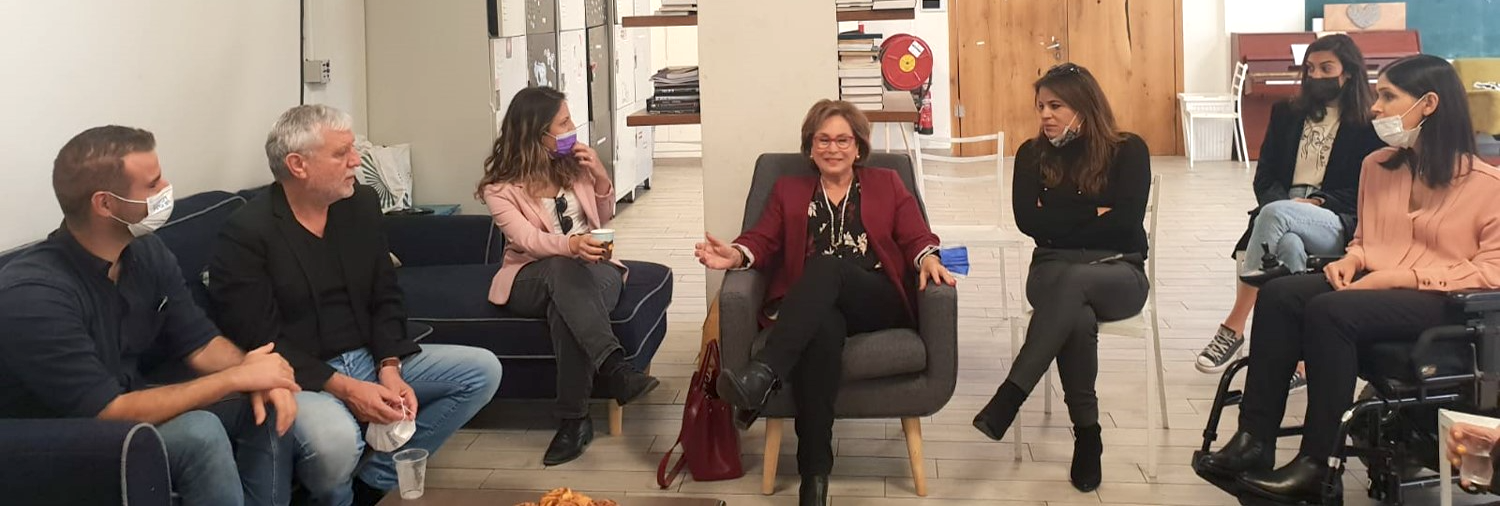
The Issue
When examining Israeli society as a whole, it’s clear that crucial work such as ours often treats the symptoms of social problems, not the cause. How do we make sure that youth don’t relapse? How do we support young people once they age out of our programs? And how can we see a decrease in the number of those who are in need of help?
We believe the answer is to promote long-lasting impact through changing policies that affect troubled and at-risk youth.
ELEM’s History with Policy Change Work
One of ELEM’s early changes was that youth who, by law, were mandated to go to a lock-up facility could attend an ELEM program instead. This alternative – communication and therapy rather than being sent to closed facilities – was a major step towards significant policy change. Since ELEM’s early days, Israel’s Youth Protection Services has relied on ELEM’s input to formulate treatment plans for youth, and the Ministry of Welfare also lent its support.
“We exist to help the government do better work.”
Mike NaftaliFormer ELEM CEO
“ELEM shed a light on issues in local municipalities. It was like placing a mirror in front of them. It wasn’t easy at first, but that’s how partnerships were born.”
Simcha GithonFormer ELEM’s Head for Multiculturalism
In 2000, 90 members of the Knesset signed ELEM’s “Fight Against Violence” declaration. This campaign included a visit from former US Secretary of State Hilary Clinton (then a senator), who also signed the declaration. Additional signatories were then Prime Minister Ehud Barak, Yossi Sarid, then Minister of Education, and then Leader of the Coalition (and later Prime Minister) Arik Sharon.
Two years later, ELEM won the Speaker of the Knesset Award For Betterment of Quality of Life in Israel.
Additional Key Achievements
ELEM’s first The Heart Center for youth in prostitution opens in collaboration with the Ministry of Welfare.
For the first time ever, a Knesset subcommittee was launched to focus on the issue of homeless teens. The committee included youth from ELEM who took part by going to protests and participating in committee discussions.
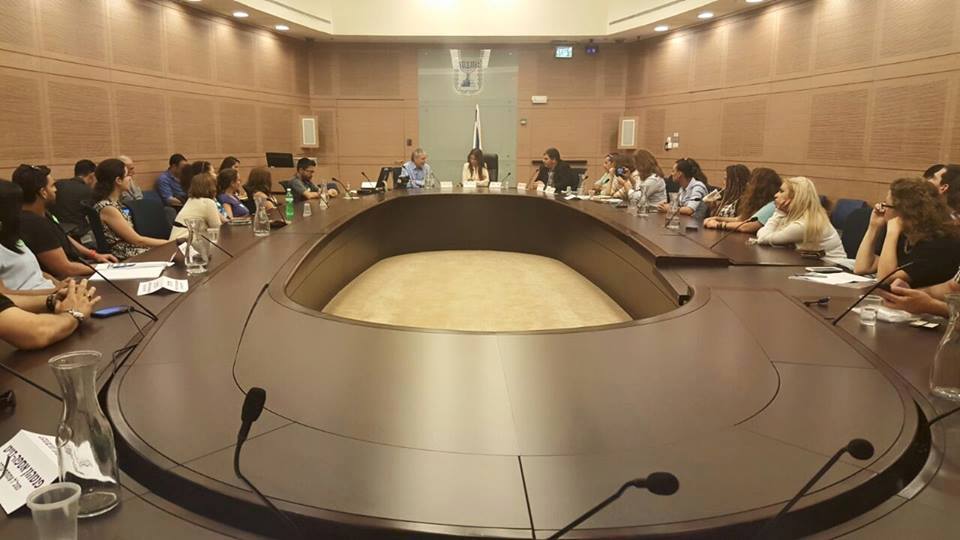
ELEM Staff at a Knesset Debate About Homeless Youth
The Knesset passed a law to ban commercial prostitution. The law was promoted by the Coalition Against Human Trafficking, to which ELEM belongs.
ELEM was given a special emergency provider status by the government during the COVID outbreak so we could continue offering aid to youth. ELEM published critical reports about the decline of the youth during the pandemic that received comprehensive media coverage and were discussed at the Knesset.
Three days after the horrific events of October 7th, ELEM was on the ground with the first two emotional support pop-up spaces for evacuated youth. Within days, the Ministry of Welfare became a partner, and nearly 20 of these spaces were launched in two months to address the emotional effects of the attacks
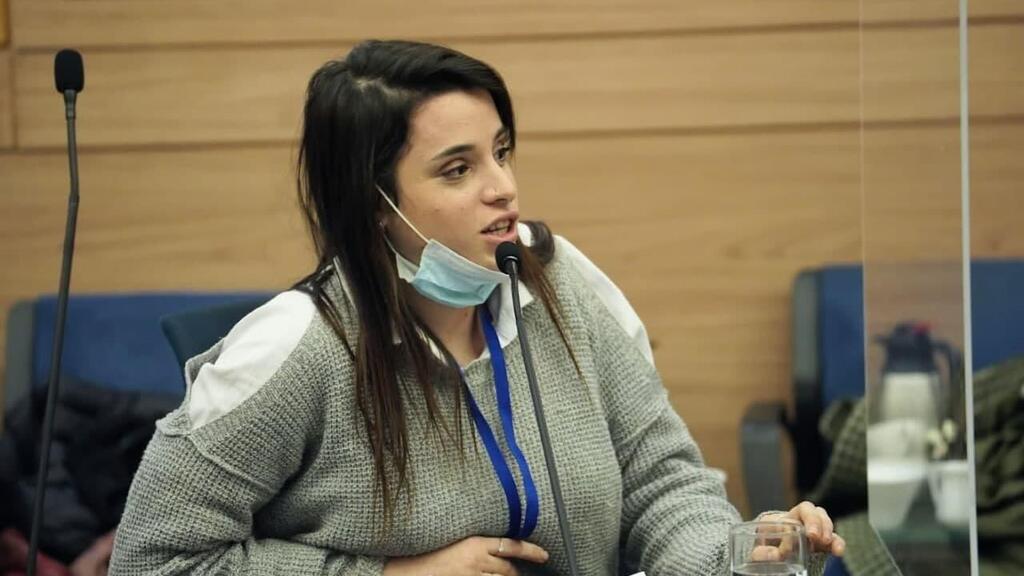
Kim Eizenstein, who attends A Real Home, ELEM’s program for young women who experienced sexual violence, speaking at the Knesset in 2022 about sexual violence during hospitalizations
Improvements for Youth in Extreme Risk
As a result of testimonies by ELEM’s young adults at extreme risk in front of Knesset committees, among other factors, the Ministry of Welfare started caring for and operating programs specifically for this demographic in 2017. The testimonies led to designated funds, the expansion of existing services, and the launching of new services. Presently, all of ELEM’s extreme risk centers are operated in partnership with and partially funded by the Ministry of Welfare and often in partnership with local municipalities.
Broadening Influence
Over the years, our goal was to bring people from different communities and backgrounds into the organization as staff members, including leadership positions. This way, ELEM always remains relevant and aware of the social needs across the broad spectrum of demographics in Israel.
ELEM has established itself as the leading organization in Israel for youth and young people at risk. As such, we’re often asked to share our experience with other parties.
Recent examples include:
- Participation of the manager of ELEM’s Young Mothers At Risk program in a panel discussion at Tel Aviv University on parenting youth who live outside their homes.
- The Launch of ELEM’s new program, Orshina, Israel’s first of its-kind center for boys and young men who experienced sexual violence. In its first year of operations, Orshina staff held 26 meetings, lectures, and workshops with 21 different organizations to present ELEM’s methods for treating teen boys who experience sexual trauma.
“ELEM made it its mission to transfer its knowledge to external organizations and the
ELEM’s 2022 Impact Report
general public and act toward policy change.”
